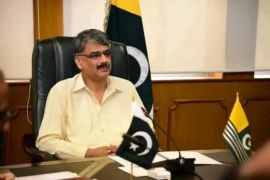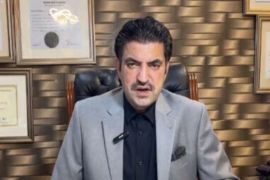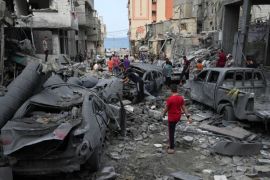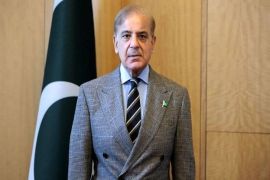Newly appointed caretaker Information Minister Murtaza Solangi said on Friday that the Election Commission of Pakistan was “solely” responsible for holding elections, not the interim government.
“Elections are the responsibility of the ECP. Whether they choose to conduct them in 90 days or in February, we will not prolong our stay even by a single minute,” he said during a press conference following the cabinet meeting.
The ECP had on Thursday decided to conduct fresh delimitation of constituencies, making it almost certain that general elections may not be held within the constitutionally stipulated limit of 90 days.
According to a schedule issued by the ECP, the electoral watchdog will complete the delimitation exercise by mid-December.
At his presser today, Solangi said the interim government was committed to providing “full cooperation” to the ECP in order to guarantee impartial and transparent elections throughout the country.
He affirmed the commitment of the caretaker government to address the nation’s challenges tirelessly, alongside its dedication to uphold the principles of “free and fair” elections.
Solangi also confirmed his meeting with the chief election commissioner, affirming the interim government’s unwavering commitment to providing comprehensive cooperation. He emphasised that the interim setup was prepared to await further instructions from the ECP.
However, he appended that the country’s population stood at 225 million, and thus the government shoulders distinct responsibilities, including upholding law and order.
“While we narrowly avoided slipping into default, we are resolute in avoiding actions that could further destabilise the country’s economy.”
The information minister emphasised that the current caretaker government “has no authority” to reverse decisions made by the previous administration.
“We are not empowered to alter the economic or political direction, so our focus is on upholding the continuity of established practices,” he told journalists.
He mentioned that the prime minister had, however, established an economic restoration committee comprising representatives from the Ministries of Finance, Trade, Energy, the Investment Facilitation Council, and other pertinent ministries and departments.
“This committee will oversee the economic restoration process,” he elaborated.
Defending the recently sworn-in caretaker cabinet, Solangi highlighted that the new cabinet’s size was notably smaller in comparison to the previous two administrations.
“I can confidently state that the majority of individuals within the cabinet are professionals in their respective fields,” he added.
He said that during the cabinet meeting, a clear emphasis was placed on the principle of not escalating expenditures, as “we do not have moral grounds to do so”.
He shared that the prime minister also engaged in discussions with each interim minister concerning their respective portfolios. Emphasising the importance of economic matters, he quoted the premier as saying that the caretaker government would prioritise them.
“The prime minister has also affirmed that the matter of Kashmir is intrinsic to our identity, and we cannot afford to overlook it, nor do we intend to do so,” the minister added.
Regarding the Jaranwala incident, he conveyed that during the cabinet meeting, the prime minister affirmed that all citizens in Pakistan possess equal rights. He also emphasized that no sect would be subjected to injustice.
“We are committed to preventing the disrespect of any religion in the name of religion. The state stands alongside the oppressed. While we may be in the majority, we firmly reject any form of majoritarian behaviour,” he quoted the prime minister as expressing.
Responding to a query, Solangi acknowledged the undeniable reality of economic distress, poverty, and hunger. He highlighted that those closely observing the situation recognise that “our conditions worsened progressively after 2015-16”.
“I comprehend that when there’s an increase in petrol and diesel prices, it triggers a surge of inflation — a reality we must confront.”
He clarified that a programme Pakistan entered with the International Monetary Fund (IMF) entailed certain commitments, including reduced subsidies.
“Considering our foreign exchange reserves’ status, it’s unfeasible for a country like ours to purchase costly oil and then sell it at a lower price,” he said.
Responding to a question about the arrest of PTI leaders, Solangi stated that the government “has no policy” as the matter was pending in court, while legal and investigative bodies were also diligently conducting their duties.
He emphasised that the government remained impartial and would refrain from engaging in any partisan activities, asserting, “We will neither expedite these cases nor impede their progress.”







